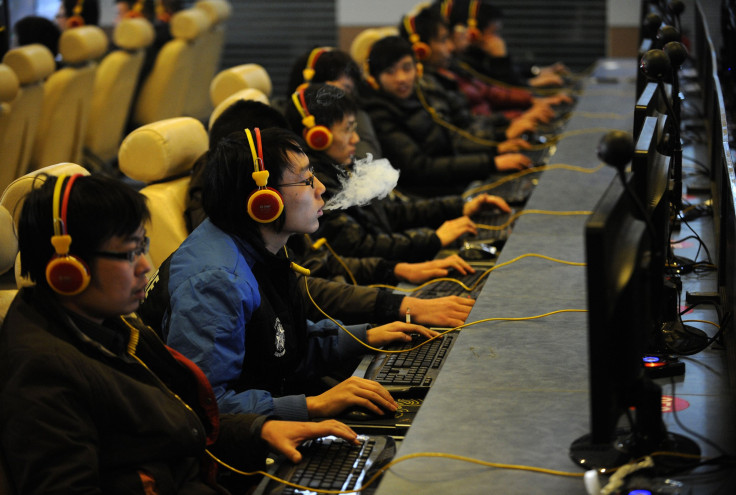Facebook Fake News Stories: China Calls For More Censorship On Internet Following Social Media's Alleged Role In US Election

China is calling for stricter restrictions on the internet in the wake of terrorism and the increasing circulation of fake news stories on social media sites, which allegedly played a role in helping Republican Donald Trump win the presidential election in the U.S.
China’s vision of a more secure cyberspace with rigid censorship comes at a time when the West is debating on the fake news surge and if smartphone companies should cooperate with federal agents to help them gain access to private information in phones belonging to suspected criminals.
At the third World Internet Conference held in Wuzhen last week, Chinese officials and business heads called for more regulations on China’s already highly censored internet. They also urged the formation and implementation of international internet rules.
“The booming scale of the internet means harmful information such as online pornography, intimidation and fraud are more common than ever,” Cyberspace Administration of China Deputy Minister Ren Xianliang said at the conference which ended Friday.
President Xi Jinping said via a video speech that China will “work with the international community to ensure the common well-being of humanity, uphold cyber sovereignty, promote more fair and equitable global Internet governance and bring about an open, inclusive and secure cyberspace that features equality, mutual respect, innovation and orderly development.”
China has nearly 710 million internet users of which 75 percent are 10 to 39 years old. Ma Huateng, chairman and chief executive of Tencent Holdings, which owns China’s popular instant messaging app WeChat, spoke of the need to curb fake news stories on the internet.
WeChat, which has nearly 700 million active users as of last year, handled 17 million complaints so far in 2016 with people reporting the spread of “illicit information," Ma said.
“In the past two or three years, many children and seniors have become our users. Sometimes they lack the acumen to discern true or false. Hence, we’ll do more to ensure security and social stability,” he added. “Tencent has always been strict in cracking down on fake news and we see it as very necessary.”
China, earlier in November, passed a new cybersecurity law tightening its control over the internet, which experts said may technologically isolate the country from the rest of the world. The law, which will come into force during summer next year, seeks to ensure a balance between privacy and security.
“The already heavily censored internet in China needs more freedom, not less,” Human Rights Watch’s China Director Sophie Richardson said in a statement. “Despite widespread international concern from corporations and rights advocates for more than a year, Chinese authorities pressed ahead with this restrictive law without making meaningful changes.”
© Copyright IBTimes 2024. All rights reserved.






















